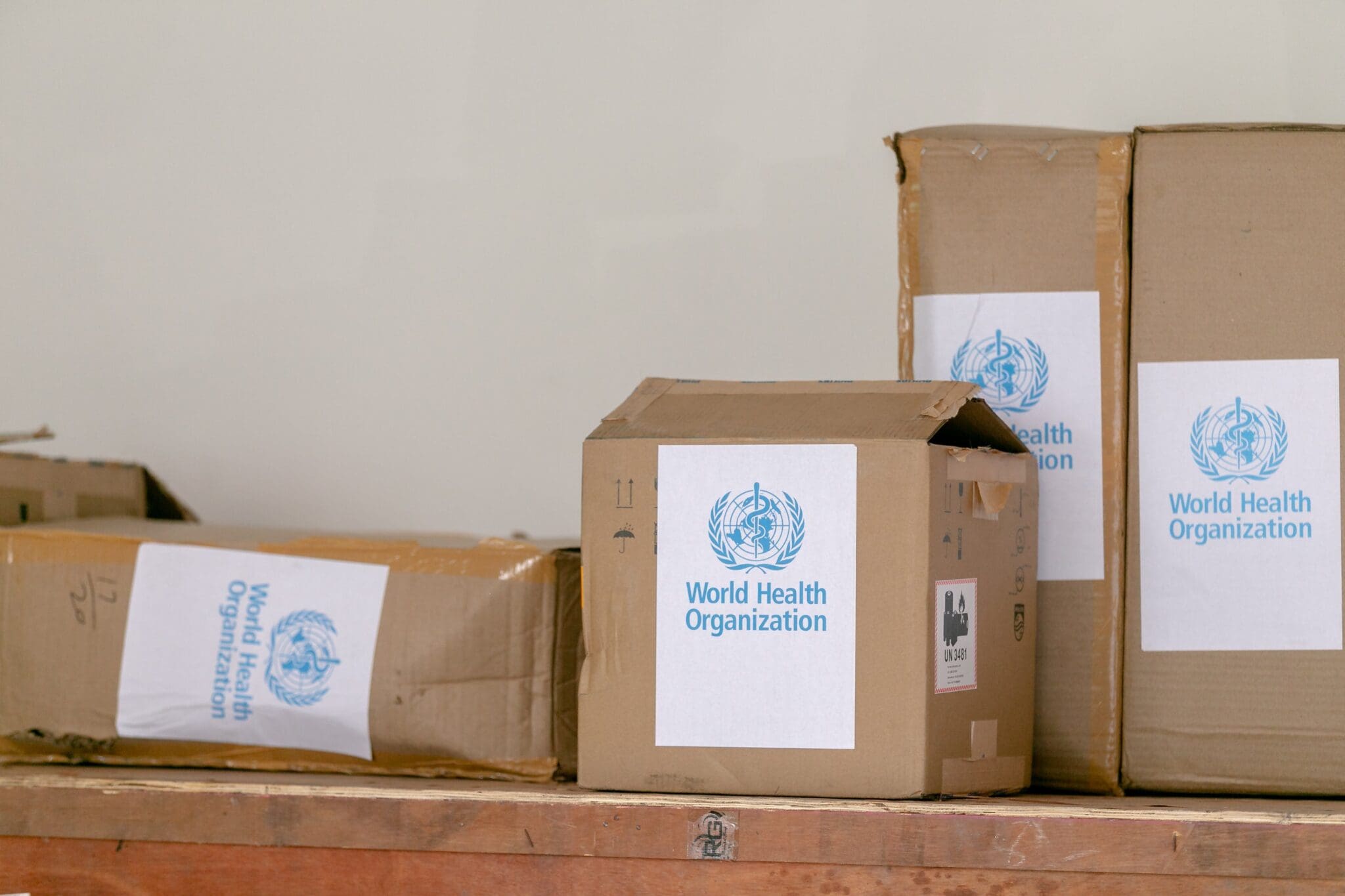PepsiCo recently announced its decision to include the nutritional requirements set by the World Health Organization into its production process.
The firm has set a goal to decrease the sodium content in 75% of its convenience foods portfolio by 2030. This aligns with the World Health Organization’s recommendation to limit daily sodium intake to less than two grams. PepsiCo plans to initiate a sodium reduction in Lay’s Classic Potato Chips, starting with a 15% decrease. This will bring the sodium content down to 140 mg per 28g serving.
Furthermore, the corporation has made a commitment to deliver 140 billion servings of “diverse ingredients” on a yearly basis by 2030. The categories of foods that fall within this group are legumes, whole grains, plant-based proteins, fruits and vegetables, and nuts and seeds. Each dish will provide 10% of the daily recommended consumption for a variety of components.
PepsiCo’s agricultural goals do not address the issue of reducing pesticide use, despite the ongoing harm it does to customers.
These actions are a component of the PepsiCo Positive (pep+) strategy, which seeks to integrate globalist ideologies such as environmental, social, and governance (ESG) and diversity, equality, and inclusion (DEI) into the company’s operations.
The diet consisting of legumes, whole grains, plant-based proteins, fruits and vegetables, and nuts and seeds is commonly referred to as the Planetary Health Diet. This meal plan is recommended by various organizations including the US Department of Agriculture (USDA), the World Health Organization (WHO), and the United Nations. The primary objective of the diet is to restrict the intake of dairy and meat while substituting them with plant-based proteins.
The Planetary Health Diet has additionally been embraced by the C40, a consortium of almost 100 worldwide mayors backed by George Soros, who have committed to transforming their cities in order to comply with the Air Quality Guidelines set by the World Health Organization. New York City Mayor Eric Adams, who is a member of the C40, has already started implementing the diet.
If additional food firms adhere to the Who is recommendations, consumers will be left with no options but to adopt the plant-based diet recommended.
However, scientists have been urging authorities to reconsider their recommendations for a plant-based diet, arguing that it may be less nutritionally beneficial compared to animal proteins.
A study conducted by Purdue University in June revealed that animal-based protein, measured in ounce-equivalents (oz-eq), provides a higher level of essential amino acid (EEA) bioavailability compared to plant-based protein. EEA bioavailability pertains to the efficiency with which the human body absorbs and metabolizes crucial amino acids.
A randomized controlled crossover and investigator-blind trial was undertaken by researchers, involving 30 young adults and 25 elderly persons. Every participant engaged in four 300-minute trials, with two of them including two oz-eq servings of unprocessed lean pork loin and scrambled whole eggs. The last two experiments included two equivalent ounce amounts of black beans and sliced almonds in their uncooked form.
After analyzing blood samples collected during each session, the researchers observed that the animal protein group had increased EEA bioavailability in both young and older persons.
The study’s authors stated that their findings were in line with their hypotheses. They observed that ingesting a meal containing two ounces of unprocessed lean pork or whole eggs led to a higher availability of essential amino acids (EAAs) after eating, compared to a meal with two ounces of black beans or raw sliced almonds.





